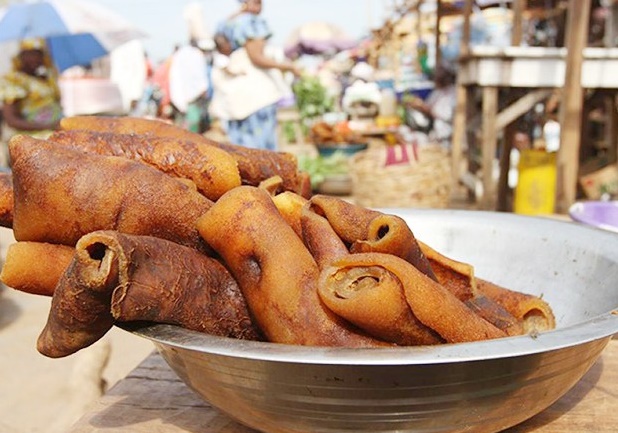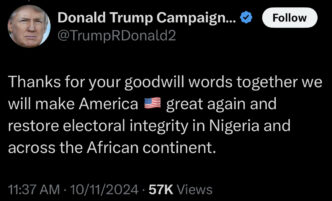The Nigerian Institute of Leather and Science Technology (NILEST) says plans are underway to establish mini tanneries or factories in all states of the country to process hides and skin into leather.
Mohammed Yakubu, NILEST director-general (DG), spoke in an interview with NAN on Sunday in Abuja.
Yakubu, who is also the chairman of the implementation committee of the national leather policy, said more tanneries are necessary to provide the right infrastructure and technology for the proper processing of leather.
He said leather is a huge national resource with the potential to generate foreign exchange and massive employment.
Advertisement
“Nigeria is not unknown in the area of leather products. We used to have 84 leather industries and some even have branches in Italy and Spain,” Yakubu said.
“The Nigerian leather industry had branches in Europe. We want that to come back.”
According to the DG, the leather industry collapsed due to poor infrastructure, as such the institute and the policy implementation committee would continue to press the federal government to make concessions, especially in providing cheap power, to enable the industries to bounce back.
Advertisement
“It is not the issue of technology because NILEST is providing all the technical requirements for the Nigerian tanneries and Nigerian leather industry to make an impact in the world,” he said.
“We are not lacking that but poor infrastructure is what is hindering us, especially power which consumes over 50 per cent of our production cost.”
He said that for Nigeria to compete with China, Brazil or India in leather industries, there must be a cheap and regular supply.
“There must be some concessions. We must provide cheap power to our industries, particularly the leather industries, for them to be able to compete with their foreign counterparts,” Yakubu said.
Advertisement
‘ESTABLISHMENT OF MINI TANNERIES WOULD REDUCE CONSUMPTION OF PONMO’
Yakubu also said the establishment of the mini tanneries would reduce the consumption of hides and skin in the country, which was being done largely because the number of industries cannot mop up the excess products generated every day.
Animal skin is locally known as ‘ponmo’.
“We are eating the hides and skin as ponmo because if we don’t eat it, the available industries cannot mop all the hides and skin produced in Nigeria,” the DG said.
Advertisement
“In Lagos State alone, they slaughter about 100,000 cows every day and there are only 48 industries that can buy and process the skin and convert it to leather.”
Yakubu, therefore, said by reducing the cost of production, more industries would spring up.
Advertisement
“The main problem is power. As far as I’m concerned, the issue of tax is secondary,” he said.
“What’s important is to employ our teeming youths and attract foreign exchange, therefore, whatever concession is given to the industries will never be a waste.
Advertisement
“From the point of view of the leather policy, we are asking the government to take a look at the power component for our processing industries in Nigeria, because with this problem, it is not going to be an easy task for the industries to come back to life.
“That is why we are planning to establish mini tanneries all over Nigeria; our campaign to make people stop eating Kpomo has gone far and wide.
Advertisement
”We are aware that if people stop eating Kpomo, those people engaged in selling it will go out of business.
“So in the interim, we, the institute, are going to have mini tanneries all over Nigeria, so that we buy the hides and skin, process it into leather and export the leather.”
Yakubu also said the mini tanneries would be processing between one to five tonnes of leather every week from each of the clusters, particularly the ones products could be made from.
Add a comment









